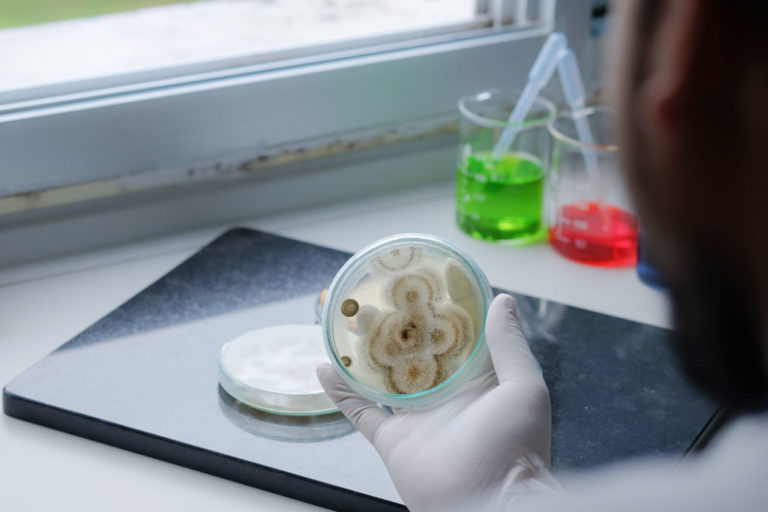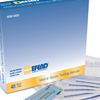
In the event that the exterior of the infectious waste container becomes contaminated, the container shall be decontaminated using a hospital grade disinfectant or sanitizer or placed in another leakproof container. Infectious waste collection containers shall not be used for non-infectious wastes. The central collection area is at the Health Center where waste is removed by infectious waste contractor on a monthly basis. Infectious waste collection containers are located in Student Health Services, Athletic Training Room, and Rieke Science Center. Non-sharps biohazardous waste that is processed via the autoclave may be disposed of in trash containers.īoth sharps containers and bagged infectious waste that is not autoclaved shall be collected in properly labeled (with the words Infectious Waste or the international biohazard symbol) trash containers lined with a red or orange plastic bag. of Biology sent to a third-party lab on a quarterly basis to ensure sterilization is occurring as expected. Spore testing occurs monthly, with test vials from Dept. The Biology Lab Manager and Student Health Center staff maintain records of the autoclave operating parameters, load disposal records, and spore testing results for a minimum of three years. A written operating procedure, along with a log of each autoclave waste cycle is posted and maintained by each Department (Appendix A and Appendix B), and is followed by all personnel operating the autoclave. The Student Health Center maintains an autoclave for onsite sterilization of reusable instruments. The Department of Biology maintains an autoclave for onsite treatment of infectious waste produced in laboratory operations. Sharps pickup and disposal supplies are provided to Campus Safety and Groundskeeping workers for sharps found on PLU grounds. Sharps containers are found in the following locations: Student Health Services, Campus Safety, Biology Department, Facilities Management, the Athletic Training Room, Nursing Skills Labs, and residence rooms where needed. Hypodermic needles, syringes with needles attached, and potentially contaminated broken glass and blades are all examples of sharps.

Sharps will be segregated and collected in closable, puncture-resistant, leak-proof sharps containers. Universal Precautions shall be used when handling infectious waste materials.

PLU Hazardous Waste Management Plan AppendixĪn infectious waste is an untreated solid or liquid waste capable of causing an infectious disease via an exposure to a pathogenic organism of sufficient virulence and dosage through a portal of entry in a susceptible host.Tools, Equipment, and Construction Safety.


Medical Evaluation & Post Exposure Follow-up.Housekeeping and Infectious Waste Management.Bloodborne Pathogen Exposure Control Plan.The Spore Check Systems offers multiple ways your office can receive test results, which include mail, fax, email, and 24 hour online account-access to ensure your office is always in compliance. provides trusted sterilizer biological monitoring to dental offices across the United States with the Spore Check System. However, requirements may vary by state so make sure to check with your respective state dental board on how long your office is required to keep test records. In California, and many other states, dentists are required to keep at least a year of sterilizer monitoring test records. Test results shall be documented and maintained for 12 months.” “Proper functioning of the sterilization cycle of all sterilization devices shall be verified at least weekly through the use of a biological indicator (such as a spore test). The Dental Board of California’s Infection Control Regulation states the following with respect to maintaining sterilizer biological monitoring records:


 0 kommentar(er)
0 kommentar(er)
